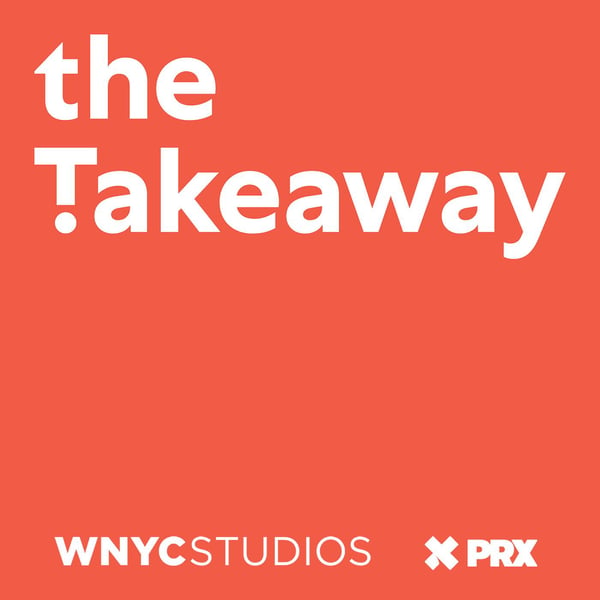Replay: What Does It Mean to Mother Across Borders?
The Takeaway
WNYC and PRX
4.6 • 716 Ratings
🗓️ 12 May 2023
⏱️ 9 minutes
🧾️ Download transcript
Summary
Transcript
Click on a timestamp to play from that location
| 0:00.0 | Hey, it's Latif from Radio Lab. Our goal with each episode is to make you think, how did I live this long and not know that? |
| 0:09.6 | Radio Lab, adventures on the edge of what we think we know. Listen, wherever you get podcasts. |
| 0:18.7 | I'm Melissa Harris Perry, and this is The Takeaway. |
| 0:21.9 | America's practice of family separation did not end with the abolition of slavery. |
| 0:26.8 | Back in 2018, the Trump administration's zero-tolerance policy for unauthorized entry at our southern border |
| 0:33.7 | separated more than 2,000 minor children from their parents in the weeks immediately |
| 0:38.5 | before and following Mother's Day. And even though the policy of border separation has |
| 0:44.4 | ended, the Southern Poverty Law Center reports that Biden administration policies of |
| 0:48.9 | detention and deportation still separate families. But perhaps no border runs more harshly through the lives |
| 0:57.8 | of migrant mothers than that of economic need. Gabrielle Olivaura is an associate professor of |
| 1:04.8 | education and Brazil studies at Harvard Graduate School of Education. She's also the author of Motherhood Across Borders, |
| 1:12.6 | immigrants and their children in Mexico and in New York City. For the women that I worked with, |
| 1:18.5 | it was really important for them to care for their children, even if they were not there in person, |
| 1:24.4 | right? And there is this aspect that is very U.S. centric and Western centric of being |
| 1:29.6 | present physically. And for these women, to migrate was to care, right? To migrate was to be able |
| 1:36.3 | to offer a better life for their children that stayed in Mexico. So that care never really |
| 1:43.3 | stopped. And that was enacted through investments in |
| 1:47.6 | education, making sure that the child was well taken care of, that had food on the table, |
| 1:53.0 | that had enough money. So all of these things meant that they were in their children's lives, |
| 1:58.6 | even if they were not there, bathing, feeding, right, kind of |
| 2:02.1 | doing the more physical aspects of mothering. As you're talking about these tangible, physical, |
| 2:11.1 | present aspects of motherhood, those do seem to take up an enormous part of our definition of what constitutes good mothering. |
... |
Please login to see the full transcript.
Disclaimer: The podcast and artwork embedded on this page are from WNYC and PRX, and are the property of its owner and not affiliated with or endorsed by Tapesearch.
Generated transcripts are the property of WNYC and PRX and are distributed freely under the Fair Use doctrine. Transcripts generated by Tapesearch are not guaranteed to be accurate.
Copyright © Tapesearch 2025.

